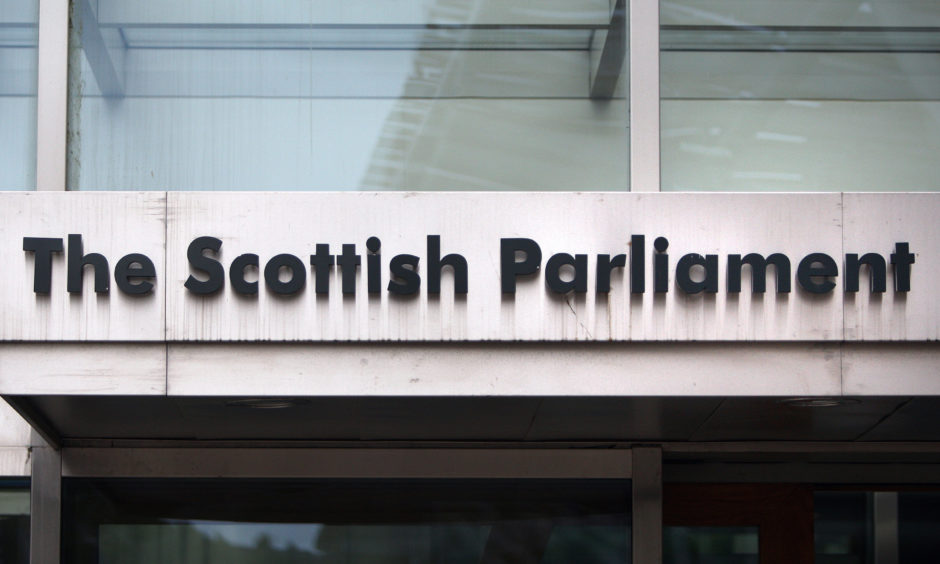The Scottish Government should restrict new hate crime laws to behaviour or material that is threatening, rather than abusive, writes Dr Kath Murray, Lucy Hunter Blackburn and Lisa Mackenzie from policy analysis collective MurrayBlackburnMackenzie.
It has been hard to miss the reaction to the Scottish Government’s proposal in its hate crime bill to extend the crime of ‘stirring up hatred’ to a wider range of situations than now. Currently, ‘stirring up’ offences apply only to racial hatred.
The government’s plans have united a wide range of organisations who make unlikely bedfellows, all seriously concerned about the potential impact on freedom of expression.
Last week it was also revealed the bill had attracted an unprecedented volume of submissions to the Scottish Parliament, the majority from individual members of the public.
Faced with this, to his credit Cabinet Secretary for Justice Humza Yousaf has said that he is open to amending the bill. MSPs on the Parliament’s Justice Committee have asked Mr Yousaf to set out his revised proposals before October 10, when the Parliament goes into recess.
Speed matters, as the timetable for the bill’s parliamentary passage is already tight if it is to be completed before Parliament rises for the Holyrood elections next May.
With less than three weeks, the Justice Minister has precious little time to develop revised proposals. So how should the Government proceed?
The removal of any new proposals on stirring up hatred offences remains the simplest way to recognise that they raise serious, complicated and divisive issues with the potential for serious unintended negative impacts on freedom of expression.
But there is an alternative that would allow the government to legislate in this area with limited risk, and so with a much better hope of building a consensus than now.
This would be to expand stirring up offences in Scotland exactly in line with those already in place for England and Wales, as legislated for in the Public Order Act 1986.
The government’s plans have united a wide range of organisations who make unlikely bedfellows, all seriously concerned about the potential impact on freedom of expression.”
The Scottish Government itself has already argued that those have operated effectively for years without raising concerns over freedom of expression.
In order to mirror the provisions in England and Wales, it would be necessary to restrict any new law to behaviour or material that is threatening (rather than only abusive) and to situations where there is an intention to stir up hate.
Likelihood would not be enough. Critically, the provision would need to be limited to adding those extra characteristics where there is already experience of legislating successfully in England and Wales. These are religion and sexual orientation.

The law here would also, very importantly, have to copy the specific freedom of expression protections for each of those characteristics south of the border.
There, religion and sexual orientation each have their own, distinct, tailored approach to protecting freedom of expression.
These were carefully devised in each case to anticipate the specific areas most expected to create flash points. The provisions do not translate to other areas.
The government should be seeking to ensure that any legislation on this subject has solid foundations in consensus.”
This approach would mean that the coverage against stirring up hate would be no less extensive than it is in England and Wales, bringing protection to religion and sexual orientation for the first time here.
Critically, it would also save a huge amount of parliamentary time, already in short supply, as MSPs could be confident that the risks being taken were limited to a known minimum.
It would therefore be much easier to complete the bill in time, and allow more attention to be focused on other parts.
Doing this need not be the end of the story in following up Lord Bracadale’s independent review of hate crime laws, but it is something that could be safely achieved in the final months of the current parliament.
Law passed in an atmosphere of argument and anxiety is especially undesirable in relation to hate crime.
The government should be seeking to ensure that any legislation on this subject has solid foundations in consensus.
If the government is keen to do something here, we think keeping close to the model already tested in England and Wales offers a way to do this, and so to secure the broad support across the parliament and the wider public that must be the goal.

